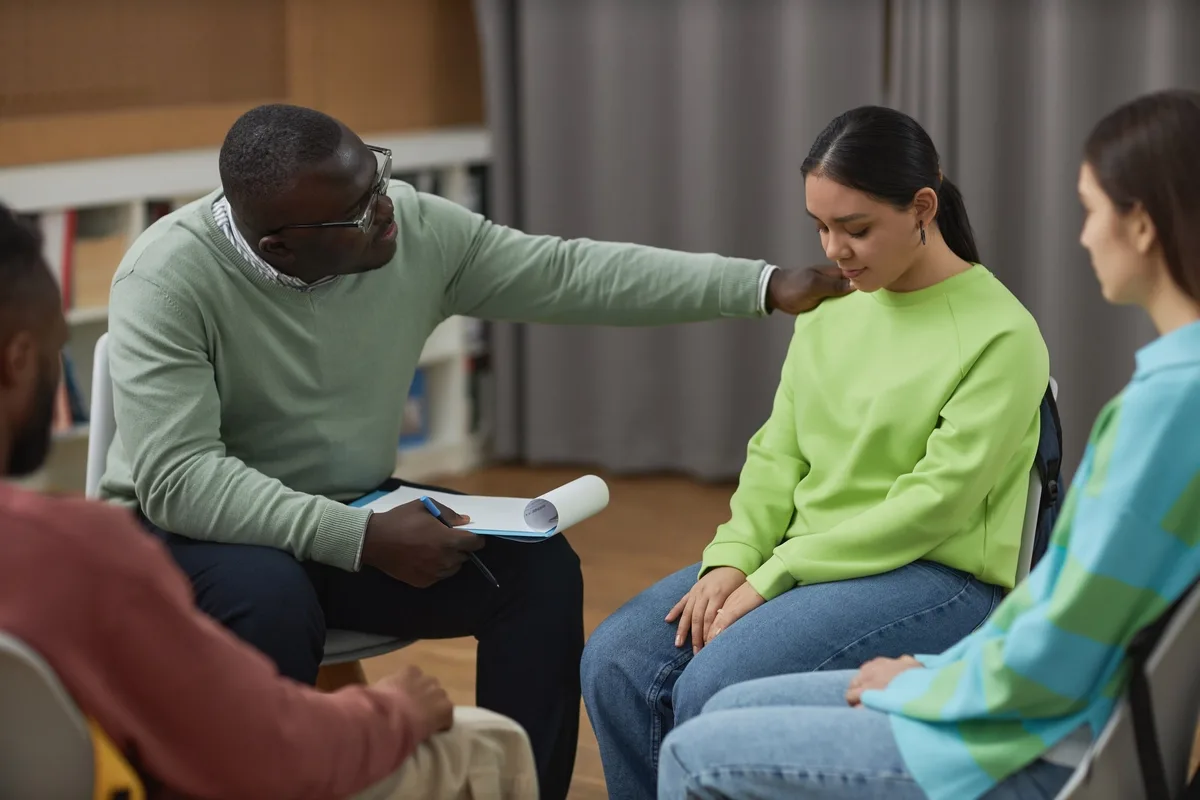24/7 Helpline:
(866) 899-221924/7 Helpline:
(866) 899-2219
Learn more about PTSD Rehab centers in Morton County

Other Insurance Options

State Farm

Magellan

Lucent

Health Partners

Regence

Group Health Incorporated

Access to Recovery (ATR) Voucher

CareSource

Amerigroup

Carleon

AllWell

Sliding scale payment assistance

Private insurance

Medical Mutual of Ohio

Holman Group

WellCare Health Plans

CareFirst

UnitedHealth Group

Kaiser Permanente

MVP Healthcare

North Dakota Adult and Teen Challenge
The reputable North Dakota Adult and Teen Challenge is a nonprofit addiction treatment center that f...







































